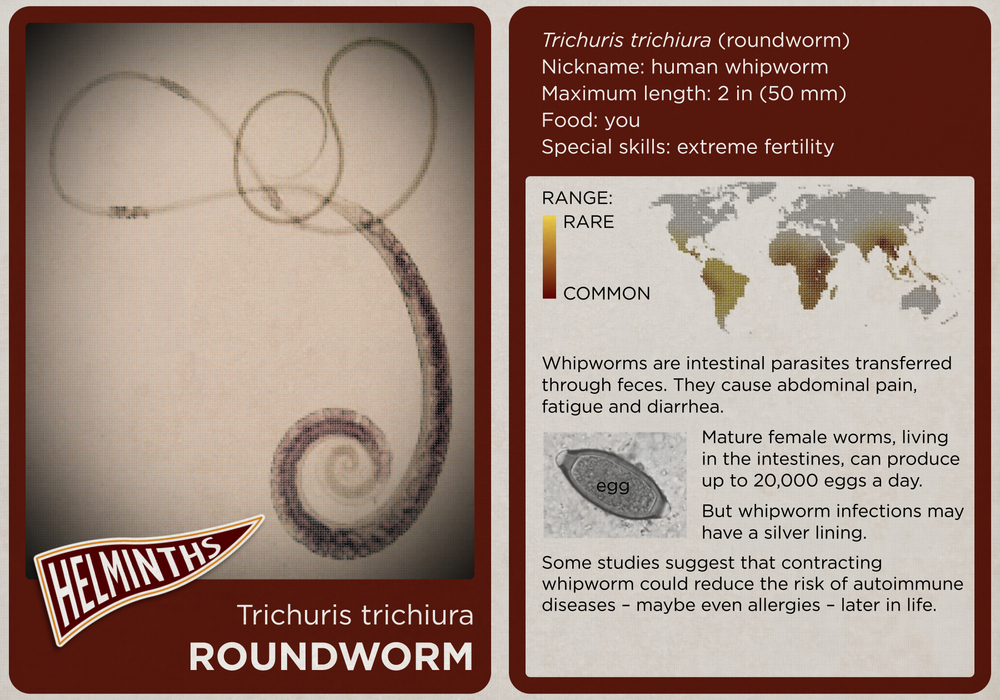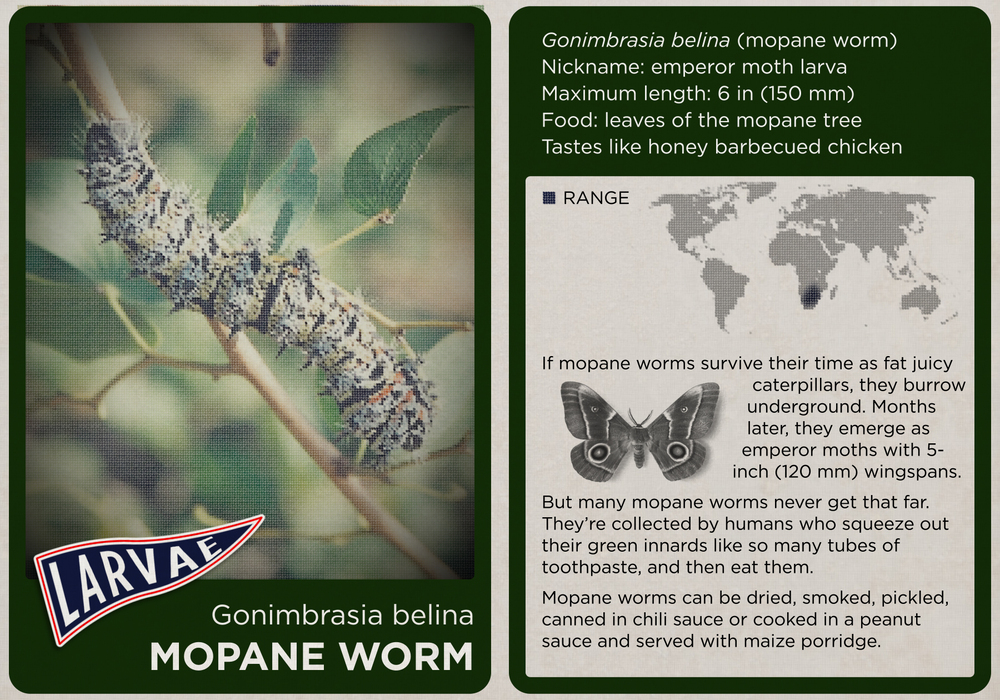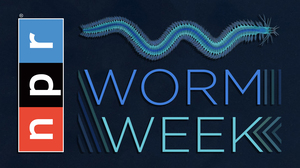"It may be doubted whether there are many other animals which have played so important a part in the history of the world as these lowly ... creatures." That's what Charles Darwin said about earthworms. His quote applies to parasitic worms, too. This week Goats and Soda looks at the import of the lowly worm. Follow along at http://npr.org/wormweek.
Worm isn't a scientific term. According to one of the Smithsonian's worm experts, Anna Phillips, a worm is just "an organism that is long and thin ... without legs ... that's not a snake."
Worms span several phyla and inhabit nearly every ecosystem. Long, thin, legless creatures tunnel under the ground, swim under the sea and even crawl under our skin. Some of them stay long, thin and legless throughout their entire lives. And then there are the wormlike larvae of insects that eventually transform into flies or moths.
Some worms are vermin in the modern and the ancient sense (vermis is Latin for worm) — they're parasites known as helminths that cause deadly diseases. Others give humanity a boost by enriching our fields and even ending up on our plates.






This week, Goats and Soda will be exploring the incredible diversity of worms. As #NPRWormWeek begins, we'd like to introduce you to six of the species we'll be talking about ... in the form of trading cards!
You can download a pdf of these cards here.
9(MDE1MTIxMDg0MDE0MDQ3NTY3MzkzMzY1NA001))
300x250 Ad
300x250 Ad

